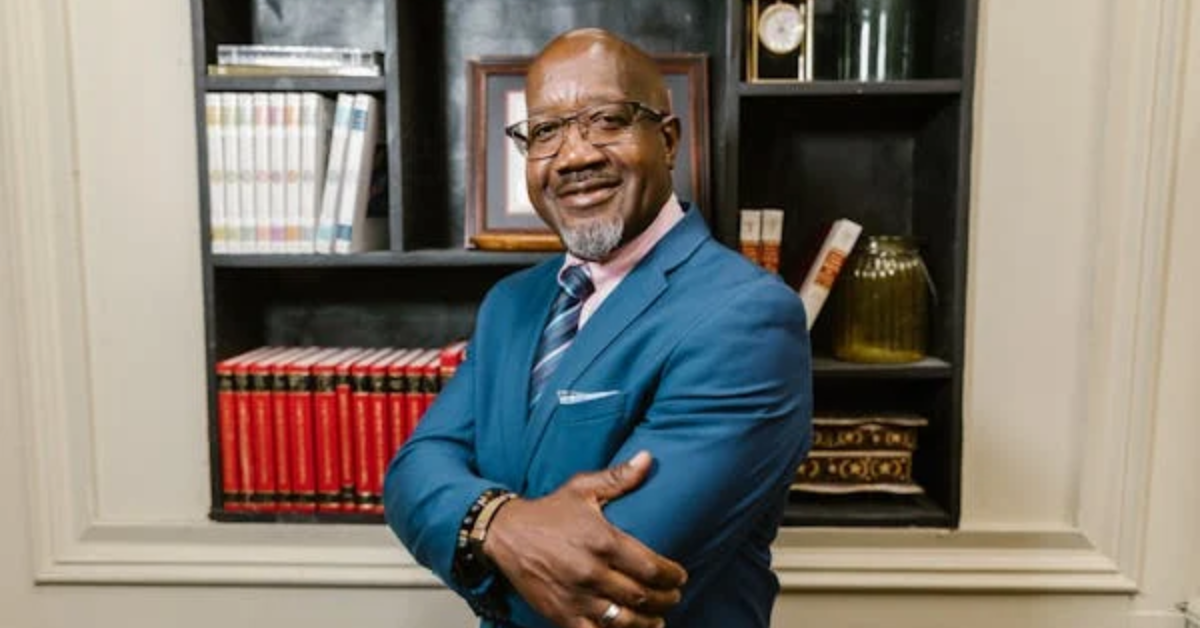Forming a first impression of another person can take as little as seven seconds. In that short time, people can judge their likeability, trustworthiness, and how well they fit in with others. Small details can make or break the first impression in an interview setting.
Your Arrival Time
One of the simplest yet most impactful things interviewers notice is your arrival time. Arriving 10-15 minutes early suggests you’re organized and respectful of the interviewer’s time. A timely arrival lets you compose yourself before the meeting starts, reducing pre-interview anxiety.
Your Appearance
Your attire is often the first visual cue interviewers get about your professionalism. Dressing appropriately for the company culture—formal or casual—shows you’ve done your homework. A study from the Society for Human Resource Management found that 55% of employers have rejected candidates based on their appearance. Make sure your clothing is clean, well-fitted, and aligned with the job’s environment.
Your Confidence Level
Confidence can be conveyed through your walk, posture, and handshake. Walking tall and maintaining a firm posture signals self-assurance. A confident handshake at the start sets a positive tone for the interview.
According to surveys, around 33% of bosses claim to know within the first 90 seconds of an interview whether or not they will hire someone, often based on confident body language.
Your Body Language
Body language speaks volumes about your comfort level and engagement. Good eye contact and open gestures indicate that you’re engaged and comfortable. Conversely, crossing your arms or fidgeting can signal nervousness or defensiveness. Practice relaxed but attentive body language to project confidence and attentiveness.
Your Resume Presentation
Before you speak, your resume gives the interviewer an impression of your organizational skills and attention to detail. Ensure it’s clean, well-organized, and tailored to the job description. Recruiters spend just 6 seconds reviewing a resume. Make those seconds count by having a polished, targeted resume.
Your Communication Style
How you articulate your answers is essential. Straightforward, concise communication indicates that you are thoughtful and confident in your responses. Avoid filler words like “um” and “like,” which can make you seem less confident. Effective communication is often a top skill employers look for.
Your Enthusiasm
Your enthusiasm can be a deciding factor. A genuine smile and an enthusiastic tone of voice show you’re passionate about the opportunity. Asking thoughtful questions about the position demonstrates your interest and engagement. Enthusiasm can set you apart from other candidates and leave a lasting impression.
Your Knowledge of the Company
Demonstrating your knowledge of the company shows that you’ve prepared and are genuinely interested in the role. Mentioning recent projects or achievements of the company can impress interviewers and show that you’re proactive. According to Glassdoor, 88% of hiring managers say an informed candidate is a quality candidate.
Your Listening Skills
Active listening is critical in an interview. Nodding and responding to cues show that you’re engaged and interested in what the interviewer is saying. Reflecting on the interviewer’s words can also clarify points and demonstrate your listening skills. Active listening can build rapport and make the conversation more meaningful.
Your Handshake
A firm, confident handshake at the beginning and end of the interview sets a positive tone. It conveys assurance and professionalism. However, avoid overly aggressive or limp grips, as these can be off-putting. A study by Dr Jim Bright found that a firm handshake is associated with a higher chance of being hired.
Your Eye Contact
Maintaining consistent eye contact shows sincerity and confidence. It helps build trust and indicates that you’re engaged in the conversation. Avoid looking down or shifting your eyes frequently, as this can signal discomfort or dishonesty. Eye contact is a powerful tool in leaving a positive impression.
Your Questions
Preparing meaningful questions about the role or company shows you’re genuinely interested and proactive. Avoid asking about salary in the first interview, as this can come off as presumptive. Instead, focus on questions that show your curiosity about the role and the company’s future. Good questions can demonstrate your strategic thinking and interest in contributing to the company’s success.
Your Professionalism
Respectful communication and behavior are essential. Avoid interrupting or rushing your answers, and show respect for the interviewer’s time and perspectives. Professionalism in an interview can signal how you’ll behave in the workplace and can significantly impact the interviewer’s perception of you.
Your Preparedness
Extra copies of your resume and a notepad show you’re detail-oriented and prepared. Being well-prepared demonstrates that you take the opportunity seriously and are ready to make a great impression. Preparedness can set you apart from other candidates who may not be as meticulous.
Your Online Presence
Your online presence can be a part of the interview process. Ensure your LinkedIn profile is up-to-date and professional. Clean up any questionable posts on other platforms to present a polished image. According to CareerBuilder, 70% of employers use social media to screen candidates before hiring.




